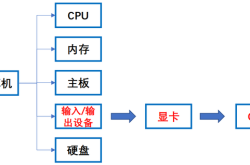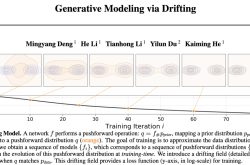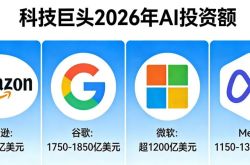Can Japanese joint ventures turn defense into offense when playing at home?
![]() 11/15 2024
11/15 2024
![]() 586
586
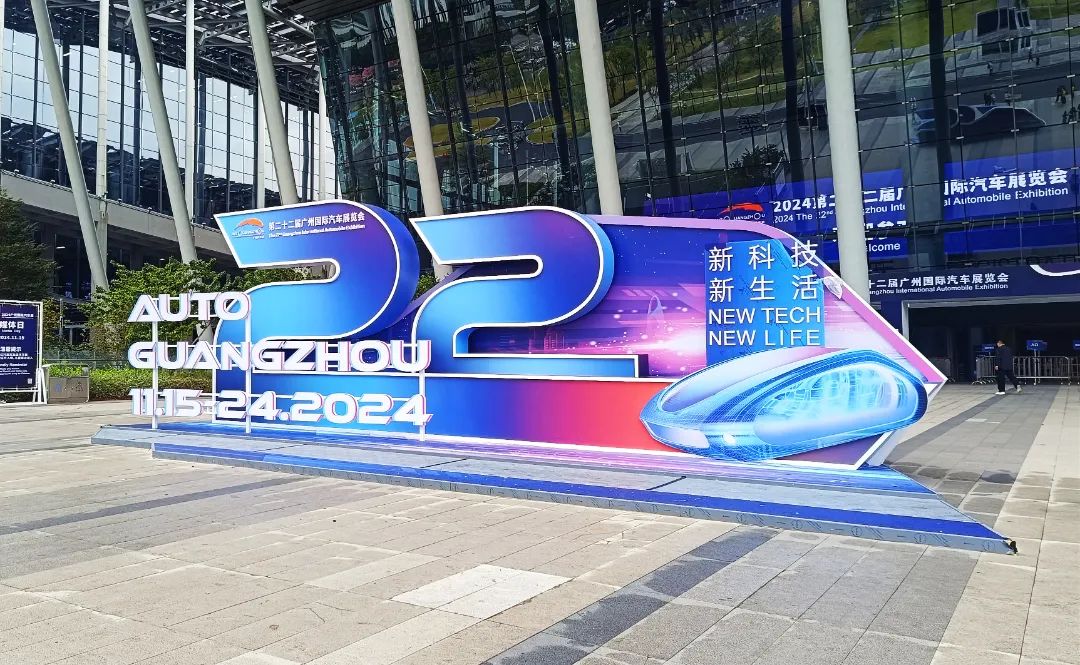
Introduction
"Unsheathing the sword" at the Guangzhou Auto Show, this battle cannot be lost, nor can it be afforded to be lost.
Is the era of oil vehicles dominated by traditional brands really coming to an end? Yes and no. The emergence of a large number of hybrid vehicles has masked the slowing growth trend of pure electric vehicles, and traditional joint venture automakers are accelerating their own transformation progress. How much driving force for change does the essence of this era carry? No one can still tell for sure.
In 2024, compared to the unusually excited Chinese automakers, the days of major joint ventures have not been easy.
Amidst the current price war, a large number of flagship models have been put on discounted shelves one by one, either by secretly increasing discounts or by simply slapping new price tags after substantial price reductions on their foreheads. In response to public opinion, each company is racking their brains to try to avoid all risks.
But regardless, given the current market environment, it is believed that these actions are always a temporary solution rather than a cure. How to continue to survive? And how to come up with a solution to turn the tide? Undoubtedly, the many challenges facing joint venture automakers are very tricky.
Currently, with less than two months left before the end of the year, for joint venture automakers, nothing is more critical than unleashing their potential as soon as possible if they want to outperform the speed of market switching. Whether their future is worth everyone's expectations should be reflected during this period.
The Guangzhou Auto Show is about to open, and we actually know very well how automakers involved will face this close-quarters battle. Accelerated launches of new cars, outstanding marketing, information bombardment, and other available means will only increase in these days. But at this point, if the development trend of the Chinese auto market is divided by the Guangzhou Auto Show, I believe that the time left for them is just that.
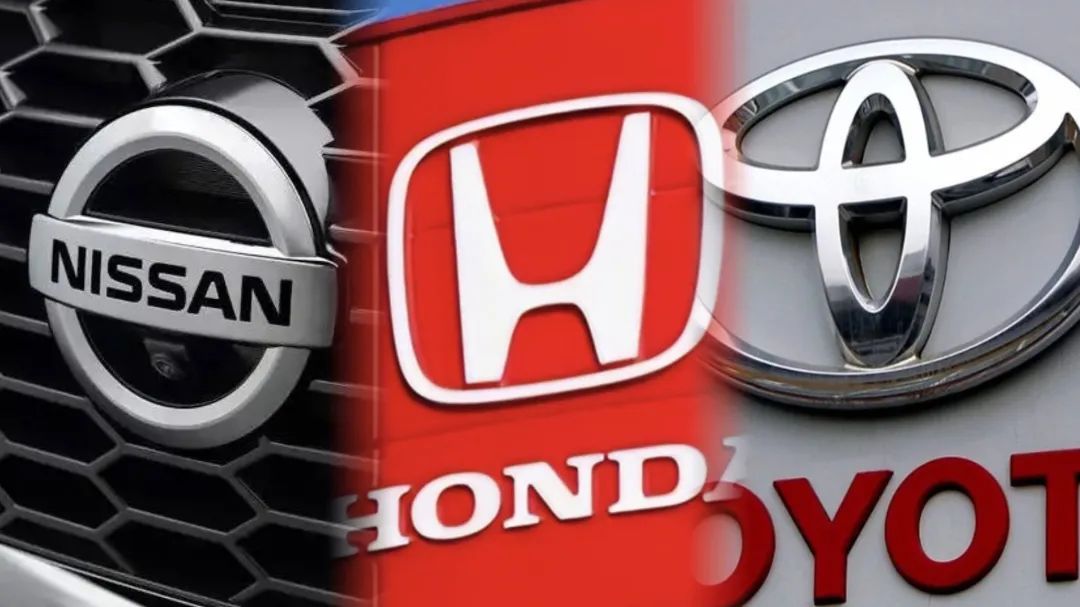
Especially the three major Japanese automakers hosting the event, after years of market abuse and as newcomers continue to encroach on potential users, this Guangzhou Auto Show will be their most special stage from the past to the future.
That is to say, before this, like most automakers, the Guangzhou Auto Show was nothing more than a channel for selling new cars externally. But today, with the market changing dramatically, Toyota, Honda, and Nissan no longer have the chips to rest on their laurels. For them, if the environment is no longer the same as before, their current performance will determine both their stay or departure and their survival or demise.
The future does not tolerate negligence
Is there still a way out for joint venture automakers in the era of electrification? This topic has almost permeated 2024, but from a market performance perspective, not only the inherently slow-heating Japanese trio but also European and American automakers such as Volkswagen and General Motors, who have great expectations for the Chinese market, have struggled to make breakthroughs, seemingly all giving us an answer that no one wants to see.
Here, Volkswagen's ID.4/6 models in China are still trading volume for price, SAIC Volkswagen's ID.7S mass production plan has been halted, and Volkswagen (Anhui)'s ID. models have suffered from poor sales since their launch;
Over there, General Motors' highly anticipated "Ultium" platform has fallen silent after a period of turmoil with its products. If we also consider the "all thunder and no rain" implementation of electrification strategies by luxury brands such as BMW, Benz, and Audi in the past, it seems that everything is presenting us with the worst possible outcomes.
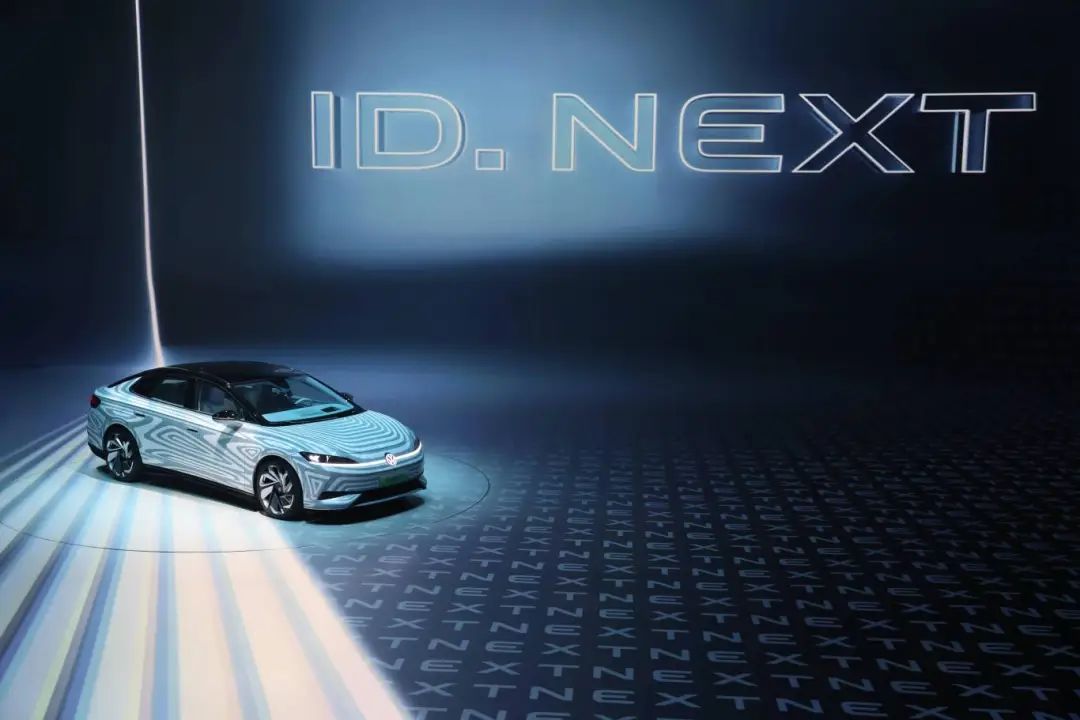
Given this situation, can the three major Japanese automakers revive? Don't see this as a question left to us by the market; I believe they are mostly aware of their situation amid market pain. To return to the past is not simply a matter of introducing electric vehicles with mediocre product strength to the market.
If that's the case, how should Toyota, Honda, and Nissan arrange their futures?
Regarding the full implementation of an electrification strategy or simply going all in on electric vehicle production, I admit that Japanese automakers have found it difficult to make a decisive choice to go ALL IN until now. Previously, Akio Toyoda's repeated support for gasoline vehicles was nothing more than a signal to the outside world: Amid industrial transformation and the switch between old and new energy sources, although Japanese automakers have not made their stance clear, their choices are definitely ambiguous.
The world is not inherently black and white, so how can the development of the automotive industry move forward amidst the opposition between gasoline and electricity? This is indeed the case, but if the Chinese auto market is determined to invest everything in the electrification transformation, who can really ignore it?
This year, in order to stay in China, the three Japanese automakers have made some decisions on electrification that are more in line with Chinese characteristics. However, as this Guangzhou Auto Show increasingly becomes a node dividing the old and new eras, the urgency brought by reality will always prompt them to carefully examine the current development of the Chinese market.
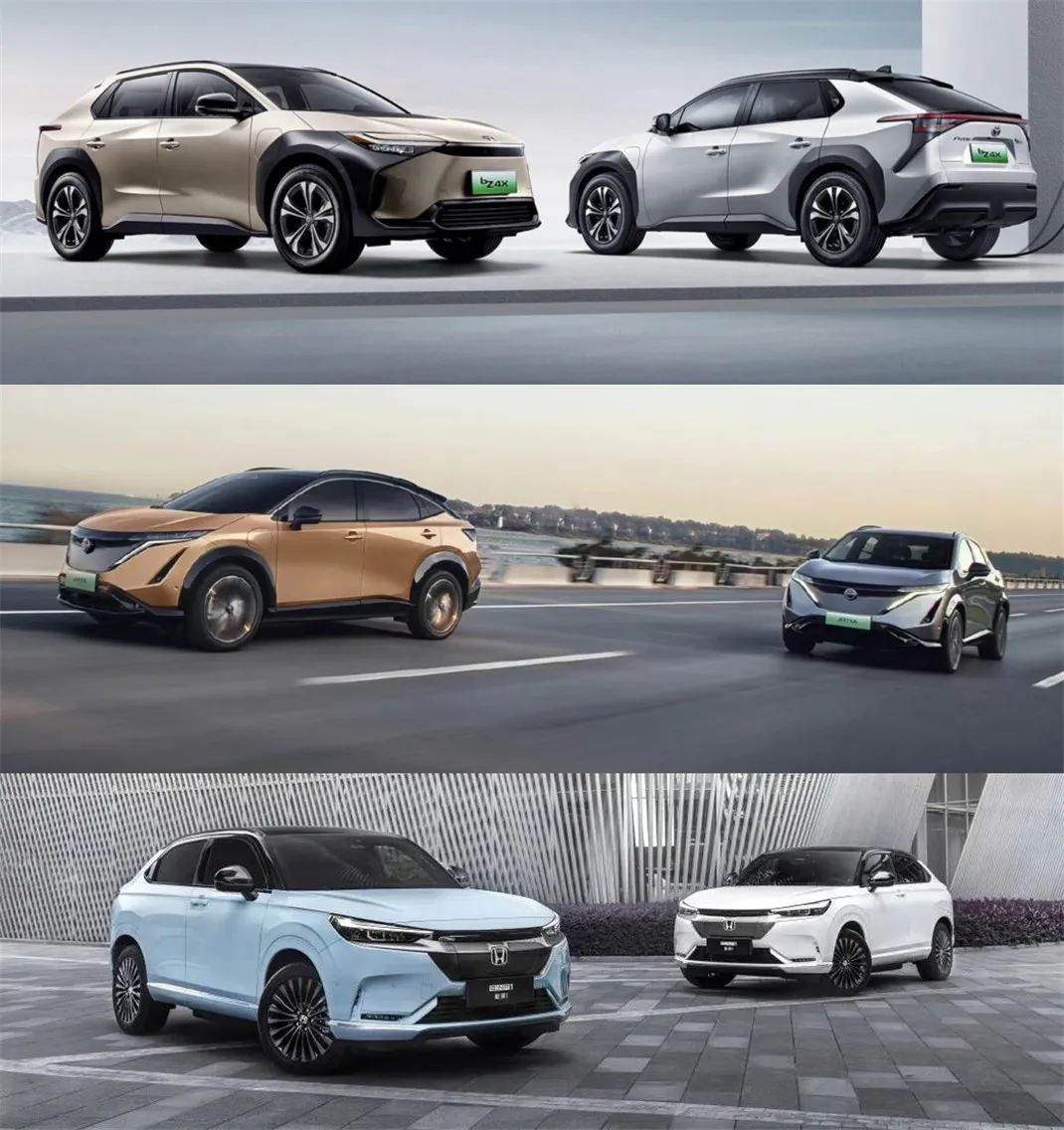
"The Japanese are too confident in their own electric vehicles." In the years when the bZ4X, Ariya, and e:NP1/S1 were born, whenever we heard such comments, we could sense that Japanese electric vehicles would be ill-suited to local conditions. And facts have proven this to be true.
Isn't it? At this Guangzhou Auto Show, whether you say it's a break from the global auto market or a focus on China, Toyota, Honda, and Nissan have to snap out of it. GAC Toyota's Bozhi 3X, Honda's Ye: P7/S7, and Nissan's all-new pure electric sedan will all make their debut at the auto show in their complete forms, officially engaging in close-quarters combat with Chinese automakers, with the aim of seizing this opportunity to tell the outside world that the drastic changes in the Chinese auto market have made them feel the crisis.
At this stage, can Chinese consumers still be interested in Japanese electric vehicles? With the rapid rise of Chinese electric vehicles, this question is indeed difficult to answer. Taking this Guangzhou Auto Show as a reference alone, no one can give a definitive answer. But no matter what, as long as they do not give up on the Chinese market, I firmly believe that everything Toyota, Honda, and Nissan are doing now is still meaningful.
Not giving up means showing that you're not giving up
What is the proportion of the Chinese market in the global layouts of the three major Japanese automakers?
As the electrification of the industry continues to force them to give up market share, and the technological changes led by Chinese automakers are comprehensively covering their strength in the hybrid field, onlookers will definitely believe that for them, the Chinese auto market will no longer be as important as it once was.
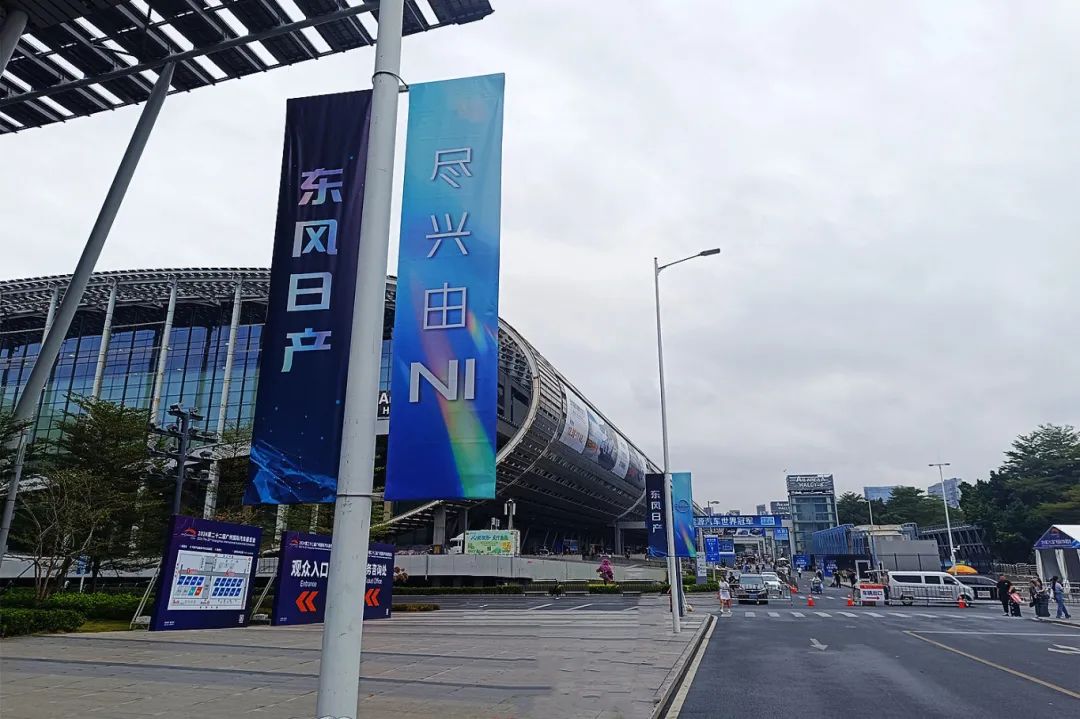
But in fact, the underperforming market in 2024 only reveals the difficulties of Japanese cars to a certain extent. It is unrealistic to expect the Japanese to turn a blind eye to or remain indifferent to the future of the Chinese auto market.
Regardless of how painful the current development of the Chinese auto market is for Japanese automakers, given the objective factors such as profit status, transformation efficiency, and technological iteration reflected in their financial statements, which are inseparable from the support of the Chinese market, it is impossible for Japanese joint ventures to choose to rest on their laurels and muddle through.
Earlier this year, under heavy public opinion pressure, Honda resolutely implemented the shutdown and reconstruction of old and new factories. While launching its new electric vehicle brand "Ye," it repeatedly stated that it would place localized research and development at the forefront of its strategic focus;
And at the recently concluded China International Import Expo, on the one hand, Shohei Yamazaki, Chairman of the Management Committee of Nissan China and President of Dongfeng Motor Co., Ltd., pointed out, "The Chinese market is the focus of global automotive industry development and a strategic priority for Nissan."
On the other hand, Isao Sekiguchi, Corporate Vice President of Nissan China, added, "Amidst all uncertainties, one thing is certain: cooperating with Chinese partners."
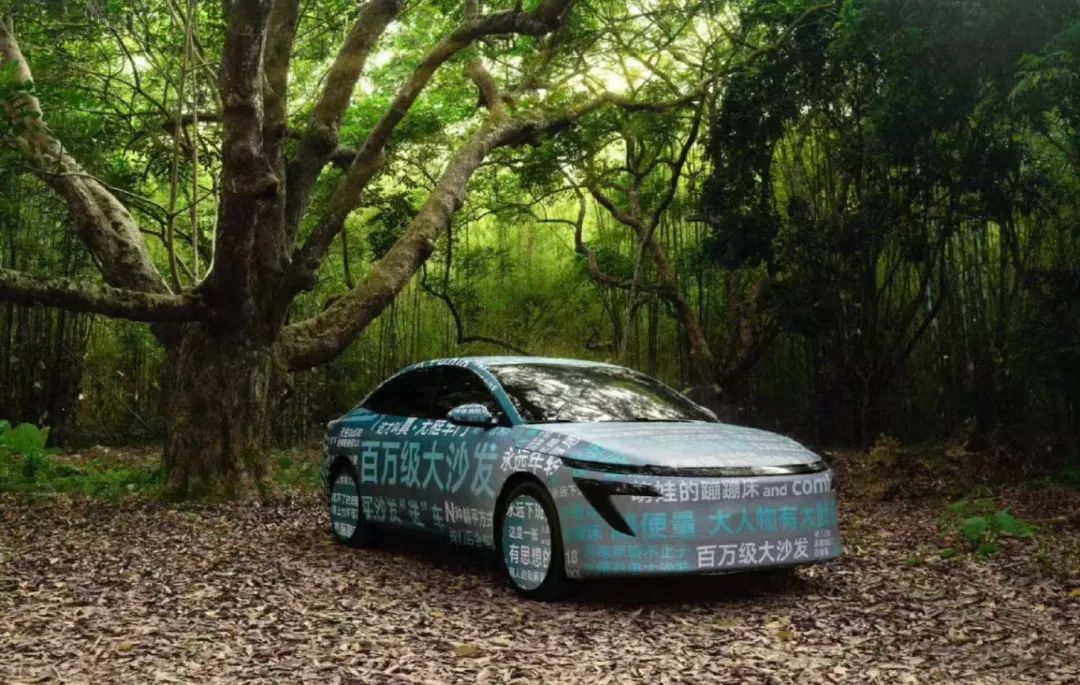
Now, as everyone eagerly awaits what products the three Japanese automakers hosting the event can come up with to compete with their Chinese counterparts, Reuters has reported that to increase production in China, Toyota plans to strengthen its sales and production operations in China while also giving more autonomy to local executives to drive product research and development.
To put it bluntly, no matter which way you look at it, the attitudes of the three major Japanese automakers have long been clear. The future development of the Chinese market will not disappear from their strategic advancement.
No matter how difficult the market is or how great the pressure of public opinion is, it is difficult to change their existing plans. And the arrival of the Guangzhou Auto Show is bound to be a new beginning for Japanese joint venture automakers to make another breakthrough in the electrification transformation.
Therefore, although the auto show has just opened, from the known information, we can still see that Japanese joint venture automakers are no longer stubborn.
GAC Toyota's Bozhi 3X is a pure electric SUV that follows the principle of localized development from start to finish, complete with large space, premium interior, and a full set of intelligent equipment that Chinese consumers care about; Honda's "Ye" P7/S7 has almost equipped itself with high-end configurations from various dimensions that Honda can obtain, such as electronic rearview mirrors, dual-motor four-wheel drive, and front double-wishbone suspension;"Honda's "Ye" P7/S7 has almost equipped itself with high-end configurations from various dimensions that Honda can obtain, such as electronic rearview mirrors, dual-motor four-wheel drive, and front double-wishbone suspension; Nissan's all-new pure electric sedan also reinterprets the traditional "Nissan Big Sofa" craftsmanship in a more technologically advanced way.
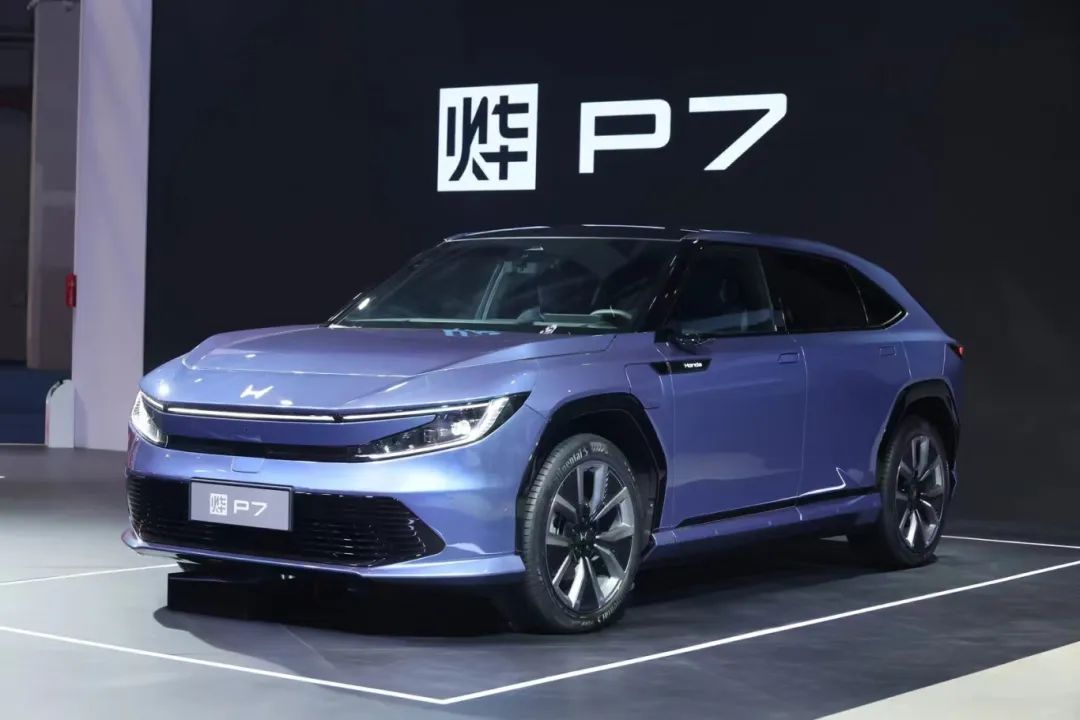
Yes, over the past two decades, the mission undertaken by the Guangzhou International Auto Show has been far greater than that of auto shows in Chengdu, the Guangdong-Hong Kong-Macao Greater Bay Area, and other regions. It has always been an important stage for the release of new technologies and concepts in the automotive industry and has witnessed the rapid development of China's new energy vehicles over the past decade. And located in South China, relying on the inherent consumer potential of the region, Japanese automakers have been living a comfortable life.
Today, the original intention of the Guangzhou Auto Show will not change, but the good days for Japanese automakers are over, which inevitably requires them to abandon the idea of "waiting for flowers to bloom."
Thoroughly localized research and development is a brand-new guiding principle that they are currently implementing, but facing too many uncertainties in the future, the series of mass-produced new cars that come to the auto show can only be an "appetizer.

